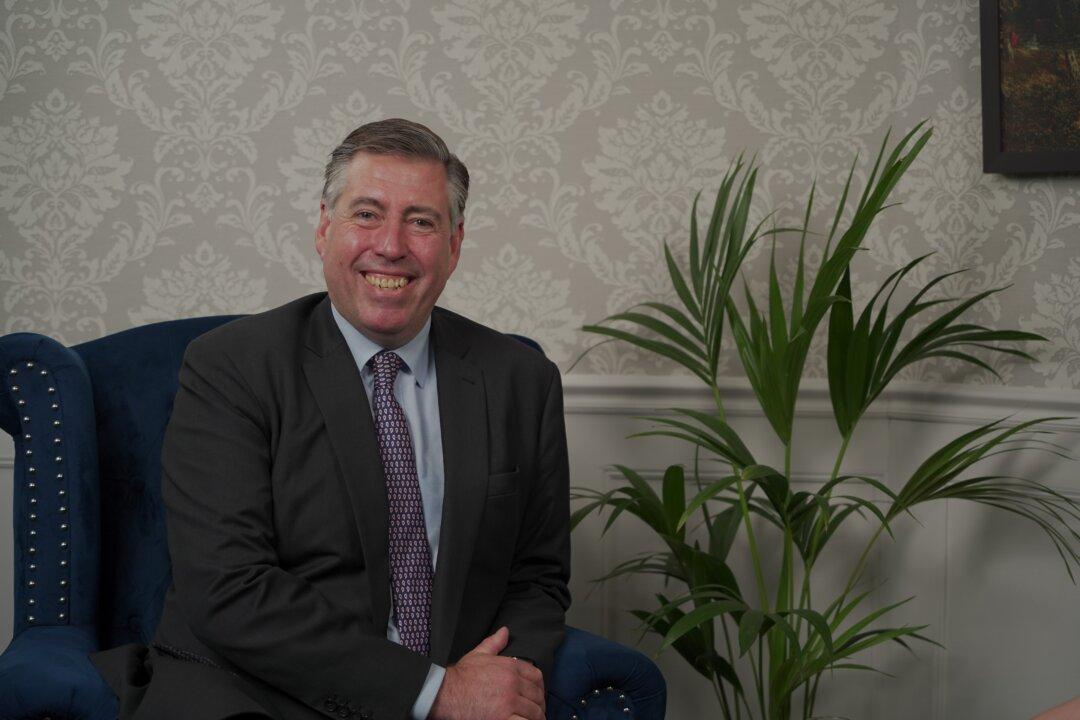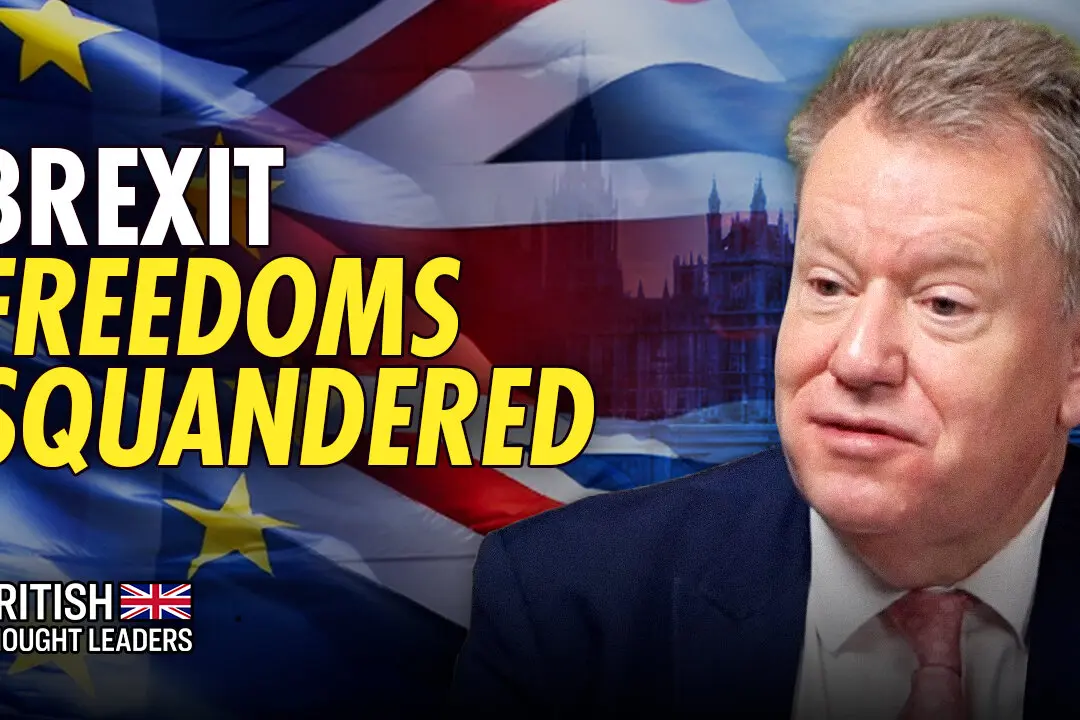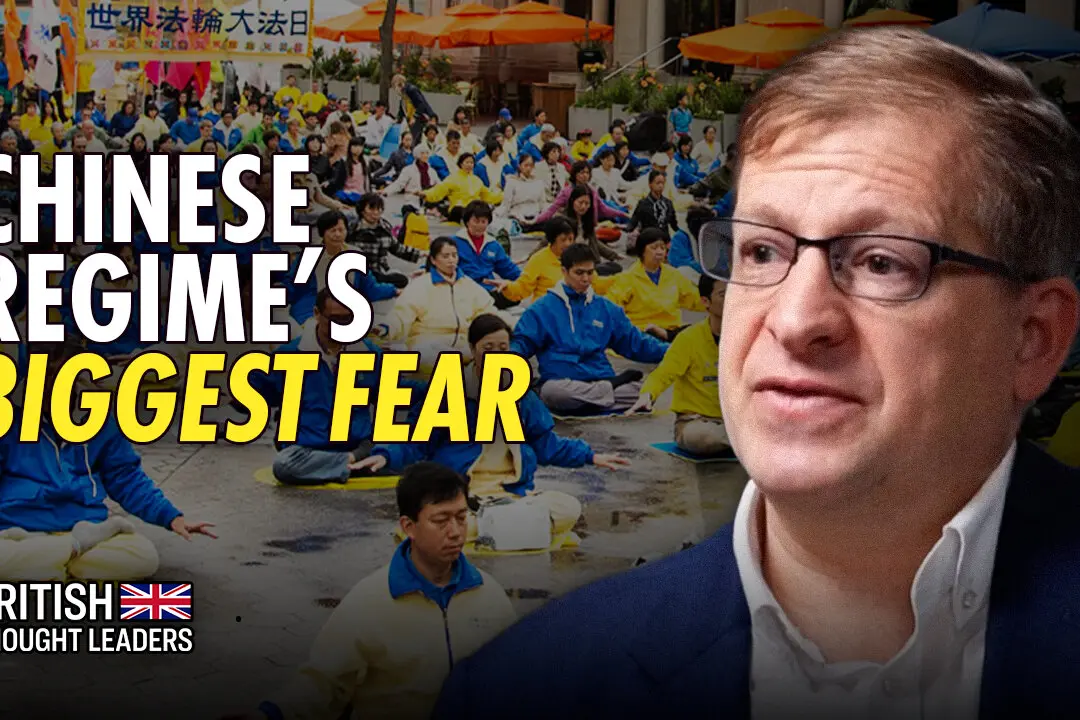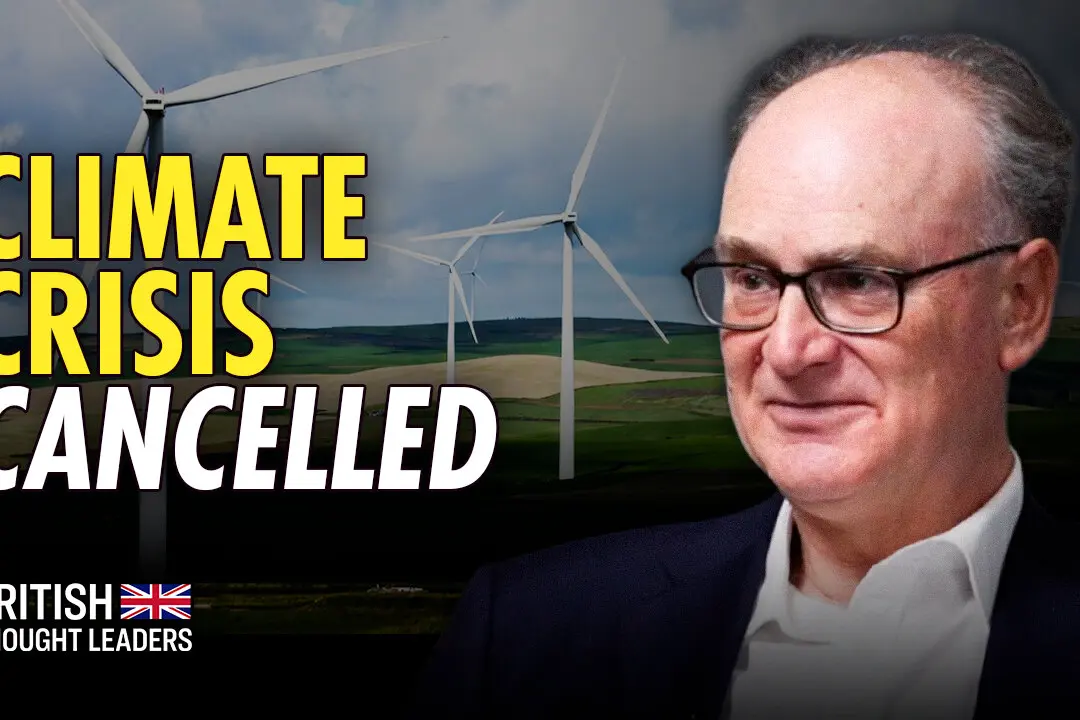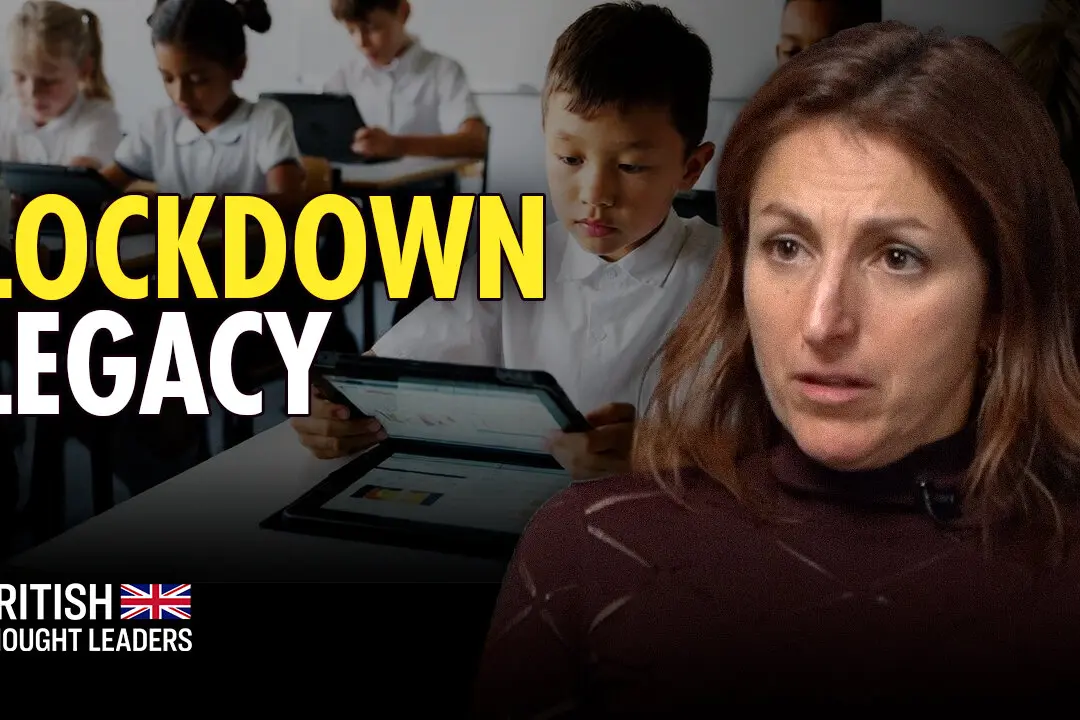Governments around the world “crossed the line” when they imposed “unprecedented” lockdown measures on their populations during the COVID-19 pandemic, a senior Conservative MP has said.
Sir Graham Brady, chairman of the influential 1922 Committee of Conservative backbench MPs, was an early objector to the “unprecedented removal of people’s liberties that took place in the COVID-19 response.”
